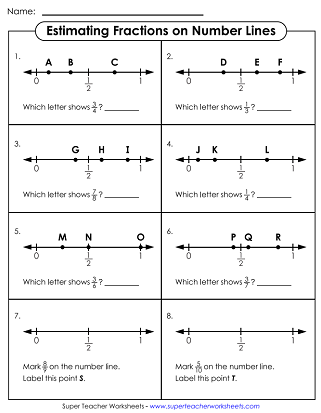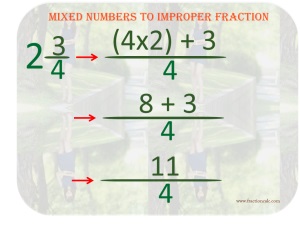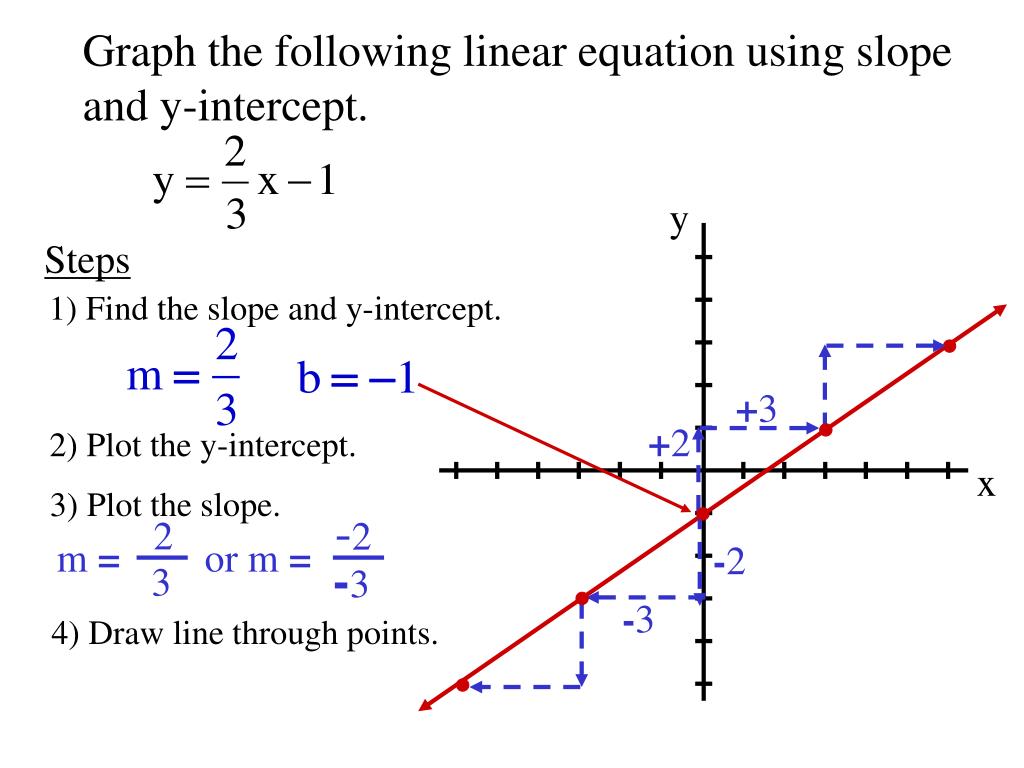7 Ways to Prevent Relapse with Worksheets
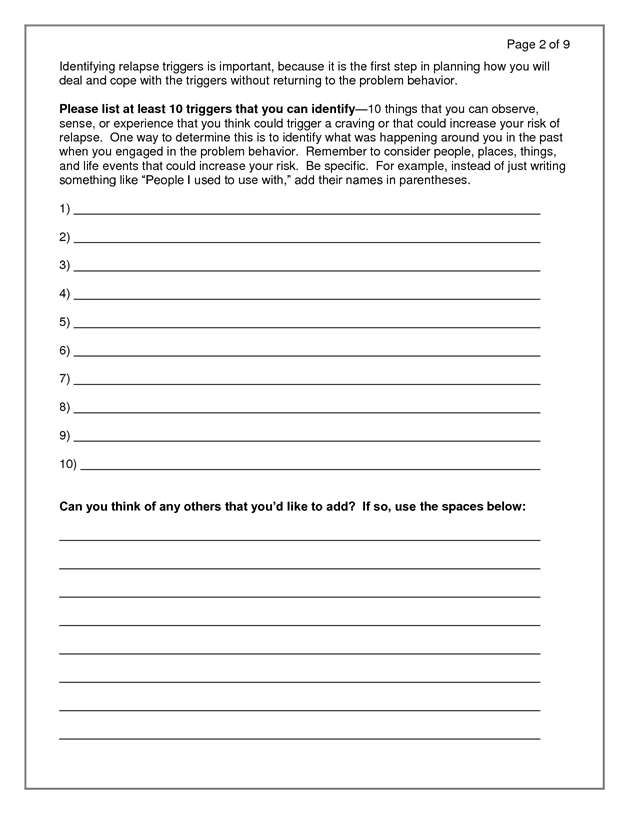
Understanding Relapse and the Importance of Prevention
Relapse is a common experience for many individuals recovering from addiction, mental health conditions, or other challenging situations. It’s a setback that can occur when an individual returns to their old habits or behaviors, often triggered by stress, emotions, or environmental factors. While relapse can be discouraging, it’s essential to recognize that it’s a normal part of the recovery process. By understanding the causes of relapse and developing strategies to prevent it, individuals can minimize the risk of setbacks and maintain their progress.
Identifying Triggers and High-Risk Situations
To prevent relapse, it’s crucial to identify triggers and high-risk situations that can lead to a setback. Triggers can be internal (emotional, cognitive, or physical) or external (environmental, social, or situational). Common triggers include:
- Stress and anxiety
- Negative emotions (anger, sadness, or frustration)
- Social pressures or peer influence
- Certain environments or situations (bars, parties, or places associated with past behaviors)
- Physical discomfort or pain
By recognizing these triggers, individuals can develop strategies to manage and cope with them in healthier ways.
Worksheets for Relapse Prevention
Worksheets can be a valuable tool in relapse prevention, providing a structured approach to identifying triggers, developing coping strategies, and tracking progress. Here are seven worksheets to help prevent relapse:
Worksheet 1: Trigger Identification
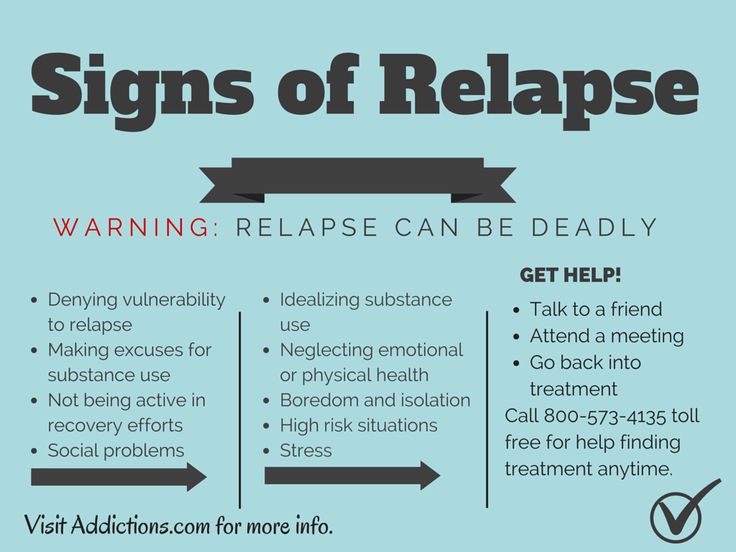
| Trigger | Description | Coping Strategy |
|---|---|---|
| Stress | Feeling overwhelmed at work | Deep breathing exercises, take a walk |
| Negative emotions | Feeling sad or angry | Journaling, talking to a friend |
| Social pressures | Feeling pressured by friends to drink | Say no, suggest alternative activities |
Worksheet 2: High-Risk Situation Assessment
| Situation | Risk Level (1-5) | Coping Strategy |
|---|---|---|
| Attending a party | 4 | Bring a sober friend, leave early |
| Meeting with old friends who use | 5 | Avoid meeting, suggest alternative activities |
| Feeling lonely or bored | 3 | Engage in hobbies, call a friend or family member |
Worksheet 3: Coping Skills Development
| Coping Skill | Description | Example |
|---|---|---|
| Mindfulness | Focusing on the present moment | Meditate, practice yoga |
| Problem-solving | Identifying and solving problems | Break down problems into smaller steps, seek help when needed |
| Self-care | Engaging in activities that promote well-being | Exercise, get enough sleep, eat healthy foods |
Worksheet 4: Relapse Prevention Plan
| Situation | Trigger | Coping Strategy |
|---|---|---|
| Feeling stressed | Take a few deep breaths, go for a walk | |
| Feeling negative emotions | Journal, talk to a friend or family member | |
| Feeling pressured by others | Say no, suggest alternative activities |
Worksheet 5: Progress Tracking
| Date | Trigger | Coping Strategy | Outcome |
|---|---|---|---|
| 2023-02-01 | Stress | Took a few deep breaths, went for a walk | Managed stress effectively |
| 2023-02-05 | Negative emotions | Journaling, talked to a friend | Felt better after expressing emotions |
| 2023-02-10 | Social pressures | Said no, suggested alternative activities | Avoided relapse |
Worksheet 6: Self-Care Assessment
| Self-Care Activity | Frequency (1-5) | Importance (1-5) |
|---|---|---|
| Exercise | 3 | 5 |
| Healthy eating | 4 | 5 |
| Sleep | 5 | 5 |
Worksheet 7: Relapse Warning Signs
| Warning Sign | Description | Action Plan |
|---|---|---|
| Increased stress | Feeling overwhelmed, anxious | Practice relaxation techniques, seek support |
| Negative emotions | Feeling sad, angry, or frustrated | Journal, talk to a friend or family member |
| Social pressures | Feeling pressured by others | Say no, suggest alternative activities |
📝 Note: These worksheets are meant to be a starting point for relapse prevention. It's essential to work with a mental health professional or a qualified therapist to develop a personalized relapse prevention plan.
Conclusion
Relapse prevention is an ongoing process that requires effort, dedication, and the right tools. By using these worksheets, individuals can identify triggers, develop coping strategies, and track progress. Remember, relapse is not a failure, but rather an opportunity to learn and grow. With the right mindset and support, individuals can overcome setbacks and maintain their progress on the path to recovery.
What is relapse prevention?
+Relapse prevention is a process that helps individuals identify and manage triggers, develop coping strategies, and maintain progress in recovery.
What are common triggers for relapse?
+Common triggers for relapse include stress, negative emotions, social pressures, certain environments or situations, and physical discomfort or pain.
How can worksheets help with relapse prevention?
+Worksheets can help individuals identify triggers, develop coping strategies, and track progress, providing a structured approach to relapse prevention.
